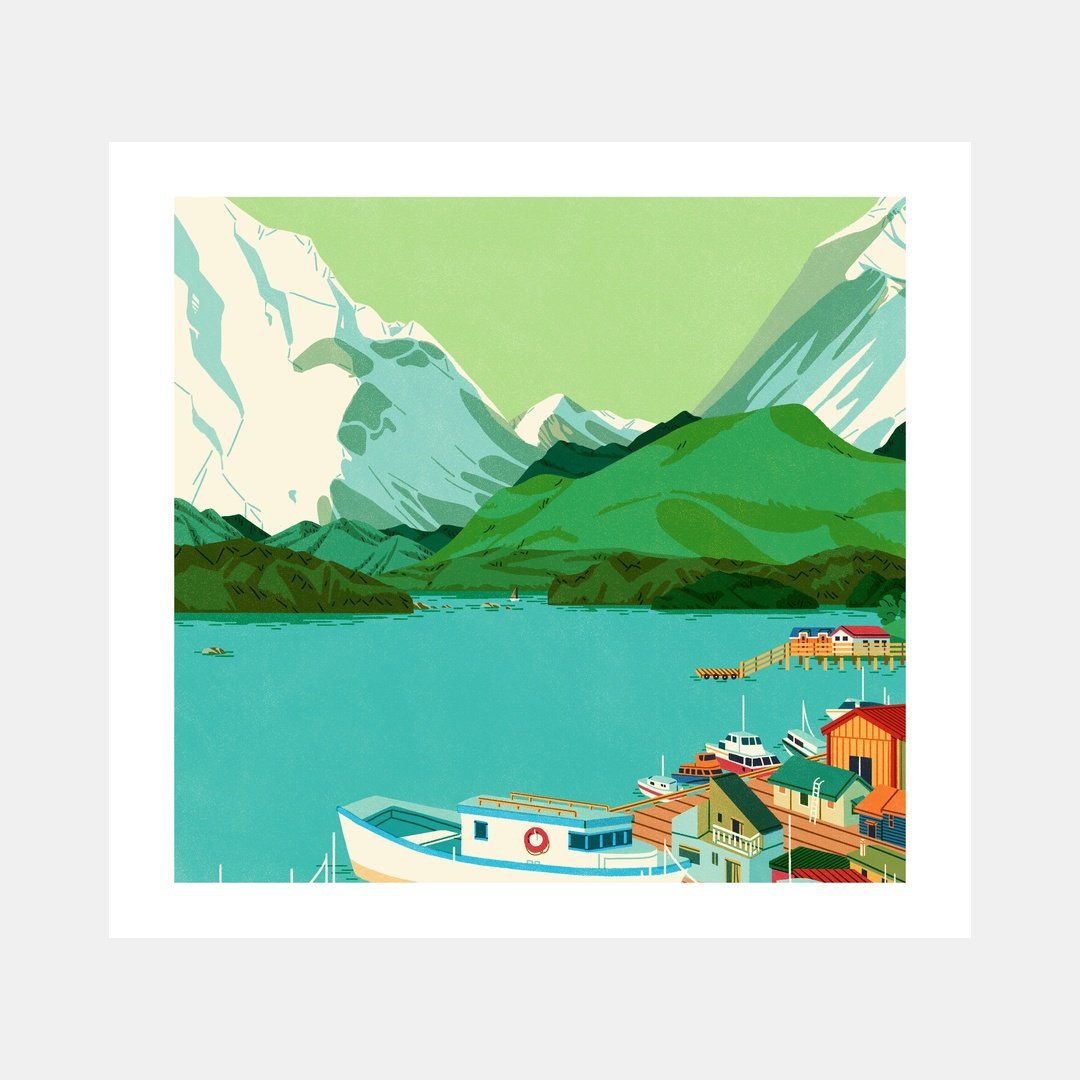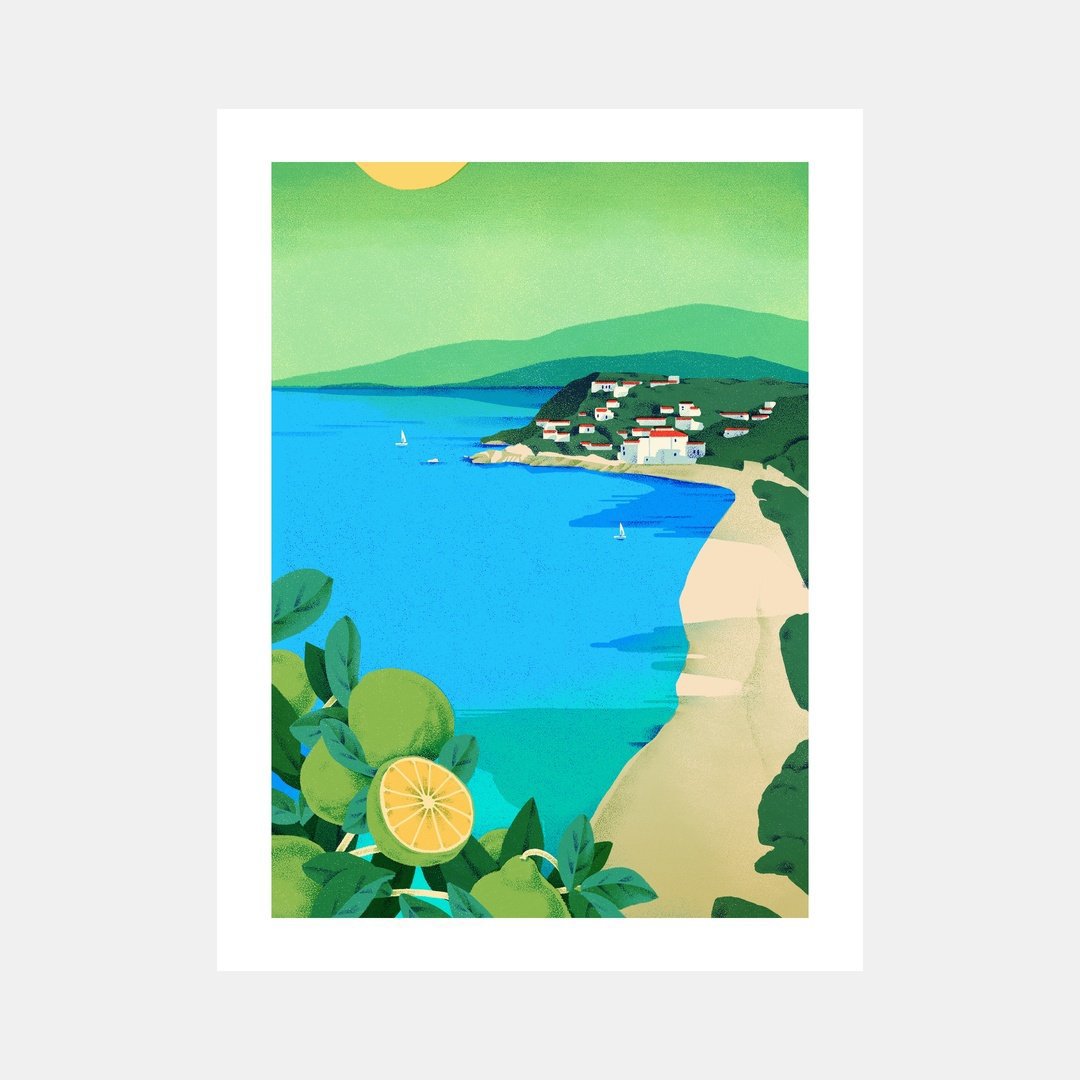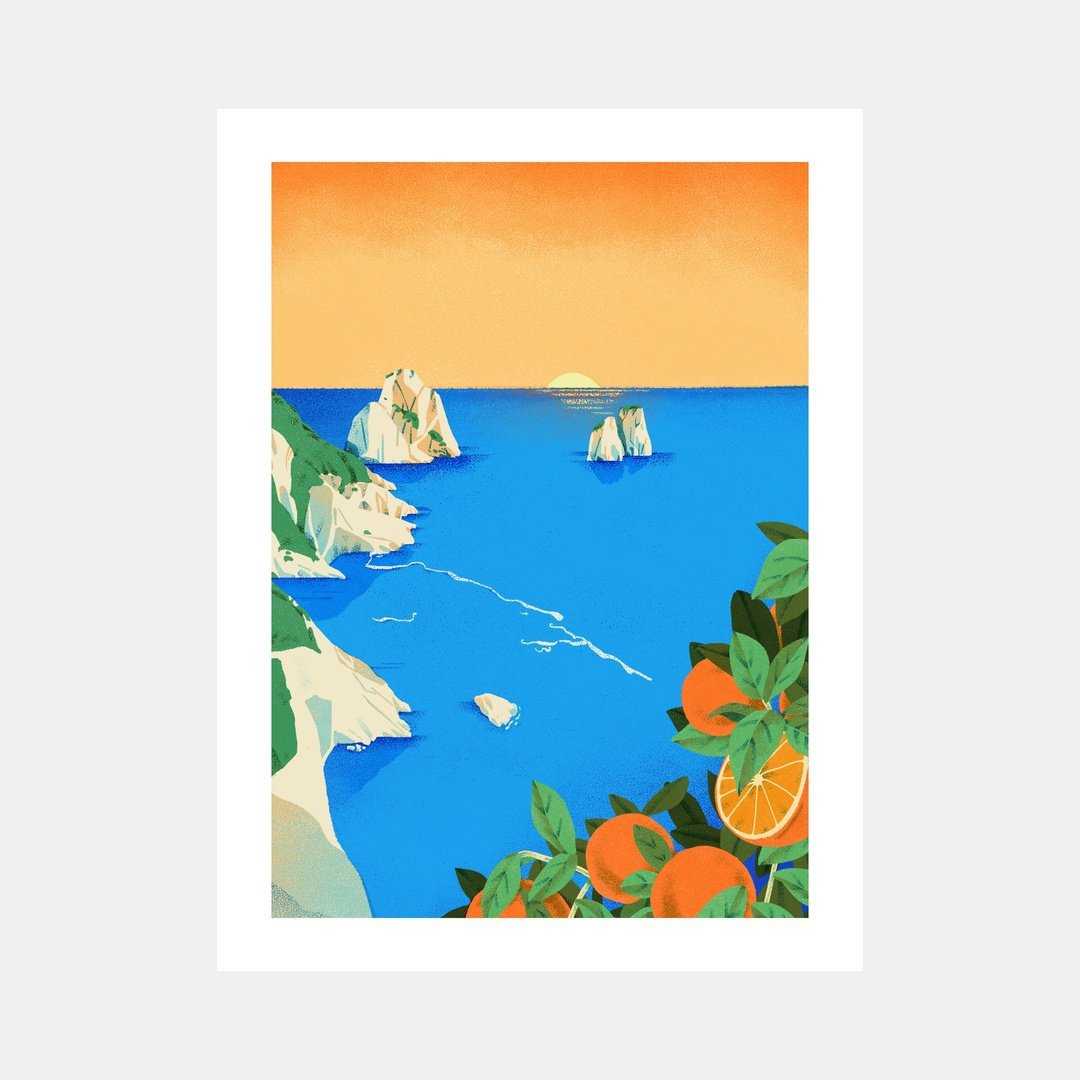Opeongo Lake: Getting to Algonquin Park from Toronto Without a Car
Algonquin Provincial Park Hwy 60, P.O. Box 219 Whitney, ON K0J 2M0, Canada
Full view of campsite at Opeongo Lake, Algonquin Park with fire pit (bought at the park) and a single 3-person tent
For those without cars, exploring Algonquin Provincial Park is still possible and convenient. Park Bus provides a connection from Toronto to the various park's gateways. We find ourselves at Opeongo Lake at one of the backcountry campsites that dot the lake's shoreline.
Trip Report:
A women-only adventure was the purpose of the trip: we had members of various experiences in the backcountry and we wanted to band together to have a camping trip that was solely our own. There were three of us: myself, J, and P.
We chose Opeongo Lake because it was a drop-off point by Park Bus (a service that allows you to take a bus from a major city to longer distanced parks, and can be used even for day trips and overnighters).
| Type | Backcountry | |
| Toronto Drive | ||
| Duration | ||
| Camp | North Arm | |
| Season | Summer (August 2021) |
Day 0: Preparations
This is what I bought all stuffed in a massive 70L backpacking with multiple pockets (great for an organization geek like me but comes at the price of a heavier carry). We had communal gear such as kitchen equipment (a dutch oven) and a 3-person tent.
Camping gear for upcoming trip; a water filtration system, a cooking kit, sleeping equipment, clothing and luxuries
I dehydrated a few servings of hummus and assembled protein bars from scratch (dehydrating that as well to prolong its shelf life). I was bringing ghee as my oil and had bought pre-made buckwheat instant noodles from the fancy health foods isle. Before I left, I harvested crops from the garden as last minute as possible to preserve their freshness - read on to see what they were.
Dehydrated hummus takes about 8-12 hours
Camping food including ramen, crackers and protein bars
Day 1: Toronto To Algonquin
We boarded Park Bus in Toronto and it took about 4.5 hours with one pit stop at an ONroute. Spacious and comfortable, we enjoyed the ride despite how long it was. Once we arrived at Algonquin Park, we hopped onto our water taxi.
Camping Reservations: (here)
Bus Service: Park Bus
Canoe Rental: Algonquin Outfitters
Taking Park Bus from Toronto, 4.5 hour commute
North Arm campsite at Opeongo Lake, Algonquin Park
Park Bus to Water Taxi
Algonquin Outfitters offers water taxi service (operating from May to October) and it’s highly recommended you book in advance. You can get round trips with drop-off and pick-up right at your campsite. Opeongo Lake is deceptive in that the waves can get very rough so water taxis are a great option for people who arrive to camp late (like us) or those wanting to bypass Opeongo quickly to spend more time portaging to a more inbound location.
We did also rent a canoe at the same outfitter (which they strapped to the taxi) since our plan was to paddle the lake the next day.
The water taxi is fast! The gum-flapping, barely keep your eyelashes kind of fast. The pilot of the boat is helpful in recommending sites and will circle to alternatives if they’re occupied. We eventually landed on this one by the North Arm towards the east side.
Pasta, Camping-Style
We made an orecchiette pasta dish with bacon and harvests from our home gardens. P brought brussels sprout greens and I contributed young purple cabbage leaves. Mind-meltingly delicious after a long commute and set-up. We chatted, we bonded.
Camping meal: orecchiette pasta with leafy greens (brussels sprouts, and baby purple cabbage)
View of the firepit for cooking
Cooking pasta in a dutch oven in the backcountry
Day 2: Hailstorm Creek
It was a rough sleep for me. After struggling with hanging the food bag the night before, our groggy selves prepared breakfast on our own.
I was experimenting with a gas-free cooking set-up so I boiled my buckwheat noodles in a Firebox Nano, fuelled by fallen twigs gathered earlier that morning. I topped it with my pride and joy: homegrown purple carrots (these take forever to grow) and sliced golden cherry tomatoes.
Firebox Nano in the backcountry, boiling water
Camp meal: instant ramen noodles with carrots and tomatoes
Paddling to Hailstorm Creek
We originally wanted a campsite close to Hailstorm Creek but our location, despite further out, wasn’t out of reach. Without cellphone reception, we relied on offline Google maps on our phones and back-up print outs in a plastic sleeve.
Hailstorm Creek at Opeongo Lake, Algonquin Park with water lilies and evergreen trees. Tree to be found include White Pine, Eastern Hemlock, Balsam Fir, Eastern White Cedar, Black Spruce, and Tamarack
It was raining intermittently all morning so we chanced it during a break in the clouds early afternoon. Hailstorm Creek is a protected nature reserve known for good wildlife sightings including moose. Unfortunately we didn’t make it deep into the creek to explore before it started to pour hard. We debated wether to continue, take shelter in a nearby campsite or to turn around. We decided to head back, being mindful that one of our member didn’t know how to swim and was experiencing motion sickness to boot. Group trips are all about checking in on each other.
Exploring after Rain
Because our paddling adventure was cut short, we made up for it by exploring on land. The soil emitted an earthy fragrance carried by the humidity in the air and we felt revitalized. Give a forest a chance, and it’ll unveil a treasure trove. The rain blanketed the forest floor in a sheen on made leaves glisten like gems. Amongst decaying pine needles we saw frogs, a crime scene of bird feathers, and delicate blooms on little plants.
An unidentified blue frog by Opeongo Lake, Algonquin Park. Can you tell what frog this is?
For birders: I was able to spot a lot of different passerines! A first sighting of a Black-and-white warbler, that was amongst more common White-breasted nuthatches, Downy and Hairy woodpeckers.
Scattered Blue Jay feathers, possibly caused by predation. It didn’t seem like the time of year for molting - what do you think?
Twinflower (Linnaea borealis) at Algonquin Park. They bloom from late spring to early summer
Collages at the Beach
We returned to the shore, using the canoe as an (uncomfortable) aluminum chair, we read, inhaled, exhaled and just stayed there. J has a talent for foraging precious little things and gathered her findings onto a flat slab of wet rock. Together, we made a precarious collage that would eventually be swallowed whole by the lake.
View of the beach at a campsite at the eastern part of Opeongo Lake
Nature found-collage including fallen branches, dead fish, pine needles, a shell and a feather
Day 3: Home
I reserved precious space in my pack for my steel tongue drum, sacrificing sweaters for sounds. I had been playing this drum every morning, finding a seclude spot to allow the tones to verberate with the breeze. This drum is tuned to C-minor, so it’s especially sombre (just the way I like it). Although you can attempt to play an existing song, this intrument is best played impromptu; with the gut.
One last sound bath: steel tongue drum, that can be played by hand or with mallets
Playing music in the forest, at Algonquin Park
The water taxi arrives at a pre-termined time for pick-up: we boarded and headed back to the access point around 11:00am.
Waiting for the water taxi to take us home, from Opeongo Lake
Quick Paddle Through costello creek
We had some before the Park Bus came, so P and I hopped onto to the canoe for one last hoorah around Costello Creek. This creek is right by the launch, close to the Mizzy Lake Trail and is a must visit if you’re there. This creek meanders: there are a lot of turns to navigate but you’re rewarded by being immersed in tall grass. Great Blue herons fishing are a common sighting here, and we spotted two! And if you’re lucky, you can also find Belted Kingfishers.
Purple Stemmed Aster at Algonquin Park
The Park Bus ride home, we bid goodbye
After turning in our rental, we boarded the park and headed out. After stopping by the same ONroute (centres that provide convenient amenities for travellers, including restrooms, restaurants and fuel stations) for a much needed poutine, we set forth to the city we called home: Toronto.
Final Thoughts
The sites around Opeongo were good but note: because this is an accessible lake, you’ll hear water taxis throughout your trip, but if you need a nearby place to camp it’s tolerable! This was the perfect spot for a middle-ground campsite and trip style to accommodate our group of varying experiences.
The takeaway: just because you don’t have an extensive amount of backcountry experience doesn’t mean there aren’t stepping stones for you! Park Bus, water taxis and old fashion research will get you on your way. Next time, I’d like to portage more inbound and explore what else this stretch of the park has to offer.
For our camping gear list, click here.
Read another beginner-friendly paddling trip at French River, Kawartha Highlands or more.
Support my Work by Purchasing an Art Print!
Related Posts:
















There’s a majesty to seeing powerful trees permanently side-swayed by the bay wind that is near unexplainable.